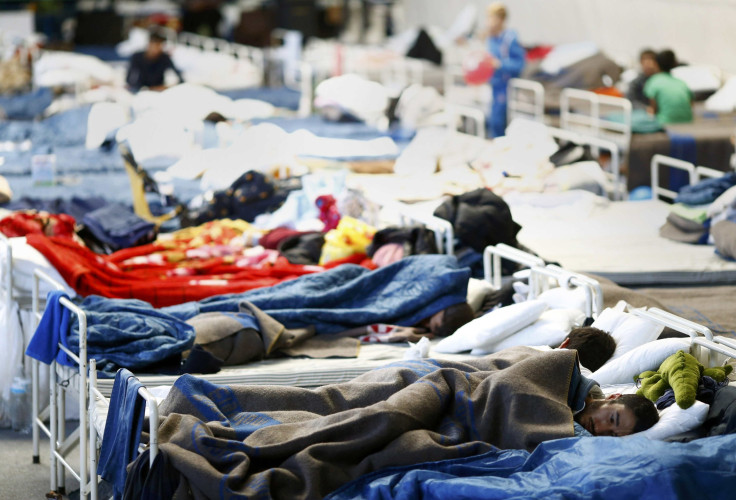German Interior Ministry Announces Extension Of Border Control Until Oct. 31

Germany, which is currently struggling with a huge migrant influx, has told the European Commission that it is going to extend its border control until Oct. 31. The interior ministry also announced Tuesday that it would keep a special focus on the Austrian border.
"The situation at the border is such that we cannot do without them", a ministry spokeswoman told AFP. "We need to return to an orderly handling of refugee policy."
U.K. Home Secretary Theresa May said at the Conservative Party conference last week that it was "impossible to build a cohesive society" with high immigration and the pace of change being "too fast."
According to Carlos Vargas-Silva, the senior researcher at the University of Oxford’s Migration Observatory, migrants are unlikely to pose a threat to natives in terms of employment.
"Most of the evidence suggests that there's no actual displacement of native workers by migrants because they tend to do different jobs, they tend to specialize in different things," Vargas-Silva told CNBC in a phone interview.
Germany, which is considered to be Europe’s top economy, has not shied away from accepting Middle Eastern migrants. The most populous country in Europe has in fact accepted a huge number of migrants so far, the largest accepted by any European country. According to reports, Germany may receive up to 1.5 million migrants by the end of 2015.
German Chancellor Angela Merkel has asked the people of the country to welcome the migrants who are trying to escape war in their native lands. She has, on the other hand, been strongly criticized for imposing the burden of refugee on the country.
According to Eurostat, there were 195,000 asylum applications for Europe in 2013. Europe's statistics office has said that the number grew to be 626,000 in 2014, and is expected to rise even further in coming days.
© Copyright IBTimes 2024. All rights reserved.





















